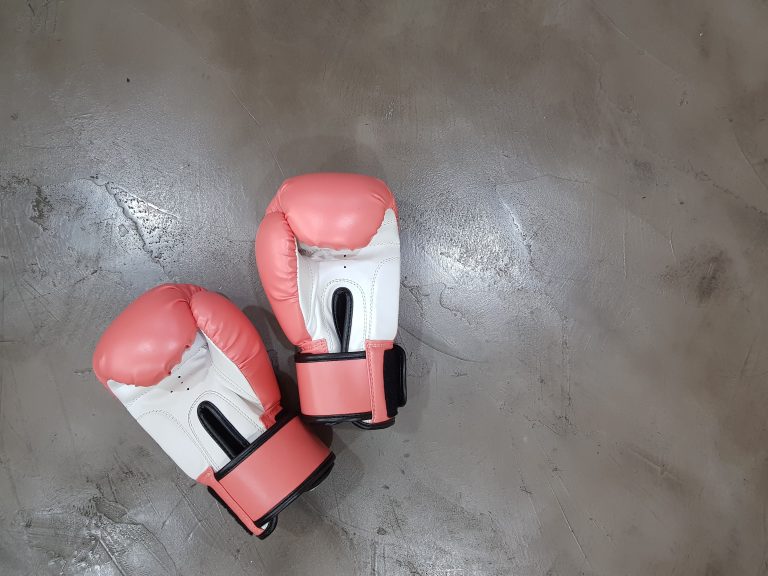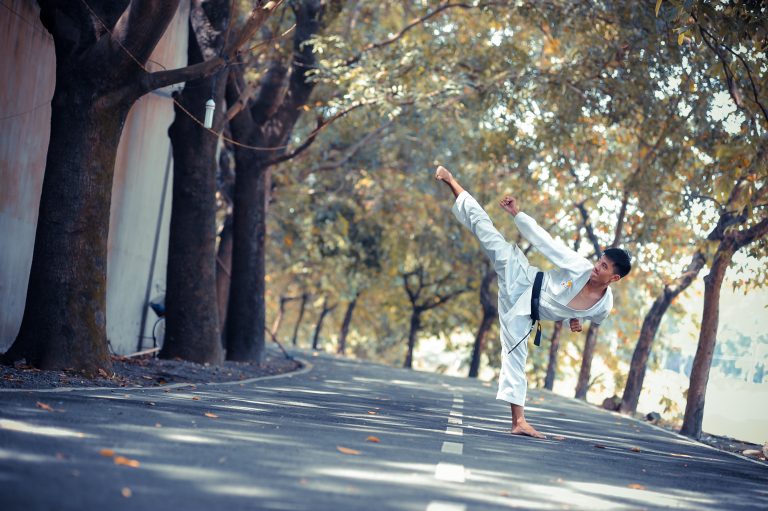How do I become a Karatka?
Karatka or Karate is one of the most popular martial arts in the world, and its popularity continues to grow with every passing year. It is not only an effective form of self-defense but also an excellent way to stay fit both mentally and physically. If you’re considering taking up Karate, you might be wondering what steps you need to take to become a Karatka. In this blog post, we’ll guide you through everything you need to know.
Join a Karate Class
The first step to becoming a Karatka is to join a Karate class. Look for a reputable dojo (Karate school) in your area that has experienced and qualified instructors. It is essential to choose a dojo that aligns with your goals and aspirations, whether you want to learn Karate as a form of self-defense or participate in competitions. Don’t be intimidated by other students who may have more experience than you. Everyone starts as a beginner, and the dojo is an environment of mutual respect and discipline.
Do the Basic Drills
Once you’ve joined a Karate class, you will be introduced to Karate drills and exercises designed to develop your skills and improve your strength, flexibility, and balance. These drills will focus on basic techniques such as punches, kicks, blocks, and stances. It is essential to practice these basics regularly to build a solid foundation for your training. Consistency and repetition are key when it comes to learning Karate. Remember to listen carefully to your instructor’s instructions and follow them closely.
Progress Through the Ranks
As you continue to improve your skills and knowledge, you will progress through the ranks of Karate. The ranking system in Karate typically starts with white belts for beginners and progresses to yellow, orange, green, blue, brown, and black belts for the most advanced students. The rank you achieve will depend on how long you’ve been training and your level of proficiency. Each belt represents a new level of learning and understanding of Karate, and it is an honor to earn a new belt.
Attend Tournaments
If you’re interested in competing in Karate tournaments, you’ll need to attend tournaments in your area or region. Tournaments are a fantastic way to meet other Karatka and to test your skills against competitors from other dojos. Your instructor will be able to guide you on which tournaments to attend and what to expect. Remember that tournaments are competitions and to approach them with good sportsmanship.
Continuously Train and Learn
Finally, becoming a Karatka is not a destination but a journey. There is always something new to learn and practice continually. The more you train and hone your skills, the better you become. As you progress, you may choose to take on more advanced techniques or even start teaching others. You must have perseverance, discipline, and a willingness to learn to become a successful Karatka.
In conclusion, becoming a Karatka is a rewarding journey that requires dedication, hard work, and discipline. Joining a Karate class, practicing the basic drills, progressing through the ranks, attending tournaments, and continuously training and learning are essential steps towards becoming a successful Karatka. Remember to approach your training with an open mind and good attitude, and you’ll be on your way to becoming a Karate master.
FAQs on How to Become a Karatka
Karatka, the Japanese term for a karate practitioner, is someone who has perfected the art of karate, and can use their body and mind to perform outstanding feats of strength, speed, and agility. Many people are interested in learning karate, but often wonder about the best ways to start, progress, and become a Karatka. Here are some frequently asked questions (FAQs) and their answers to help you get started.
What is Karate?
Karate is a martial art that originated in Okinawa, Japan, and is now practiced worldwide. It involves using punches, kicks, strikes, and blocks to defend oneself from an opponent. Karate emphasizes the importance of discipline, focus, and respect for oneself and others, which are essential qualities for leading a successful life.
How can I become a Karatka?
To become a Karatka, you need to start by finding a reputable karate dojo (training hall) where you can learn the basics of karate, including stances, strikes, and blocks. You should also learn and practice fundamental karate principles, such as the importance of proper breathing, posture, and mental focus.
What are the requirements for becoming a Karatka?
There are no formal requirements for becoming a Karatka, as karate is open to people of all ages, genders, and physical abilities. However, to become a Karatka, you should be willing to commit to regular training, be open to new experiences, and have the discipline to persevere through challenging moments.
How long does it take to become a Karatka?
The duration it takes to become a Karatka varies for each person, depending on factors such as the frequency of training, the intensity of training, and the quality of instruction. On average, it takes around three to four years of consistent training to reach the rank of black belt, the first step towards becoming a Karatka.
What are the different types of Karate?
There are various types of Karate, including Shotokan, Goju-ryu, Shito-ryu, Wado-ryu, and Kyokushin, among others. Each type of karate has its unique style, techniques, and philosophy. It’s essential to find a karate style that resonates with your goals, aspirations, and physical abilities.
Do I need to have prior martial arts experience to become a Karatka?
No, you don’t need to have prior martial arts experience to become a Karatka. Karate is an excellent martial art for beginners, and anyone can learn it with the right mindset, attitude, and approach. Many people who start karate have no martial arts background, and they eventually become highly skilled karate practitioners.
What are the benefits of practicing karate?
Practicing karate has numerous benefits, including physical fitness, mental wellbeing, discipline, focus, and self-confidence. Karate training involves cardiovascular exercise, muscle strengthening, and flexibility training, which improves overall fitness levels. It also enhances mental health by reducing stress, anxiety, and depression levels. Practicing karate helps develop discipline, focus, and self-confidence, which are valuable traits for personal and professional success.
What is the role of a karate instructor in becoming a Karatka?
A karate instructor plays a crucial role in helping you become a Karatka. They provide you with guidance, feedback, and encouragement at all stages of your karate journey. They teach you the fundamentals of karate, correct your technique, provide you with challenges and opportunities for growth, and celebrate your successes.
What should I look for in a karate instructor?
When looking for a karate instructor, you should look for someone who has extensive training and experience in teaching karate. They should have a teaching style that aligns with your learning style, possess a positive attitude, and foster a supportive and respectful training environment. You should also look for an instructor who values and emphasizes the principles of karate, such as discipline, focus, and self-confidence.
What is the grading system, and how does it work?
The grading system in karate is a way to evaluate a student’s progress and skill level in a particular style of karate. It involves a series of tests, called gradings or promotions, that require students to demonstrate proficiency in their technique, form, and performance. The grading system typically consists of a series of colored belts, with white being the starting rank, and black being the highest rank.
How do I stay motivated when learning Karate?
Learning karate can be challenging and requires commitment, determination, and patience. To stay motivated, you should set realistic goals, focus on continuous improvement, and track your progress regularly. You should also find a supportive and encouraging community of fellow karate students, who will motivate and inspire you to achieve your goals.
In conclusion, becoming a Karatka takes time, effort, and commitment, but it’s an excellent journey of personal growth, physical fitness, and mental wellbeing. By following the principles of karate, finding a supportive community, and committing to regular training, anyone can become a Karatka and experience the numerous benefits of this martial art.
Inhaltsverzeichnis






